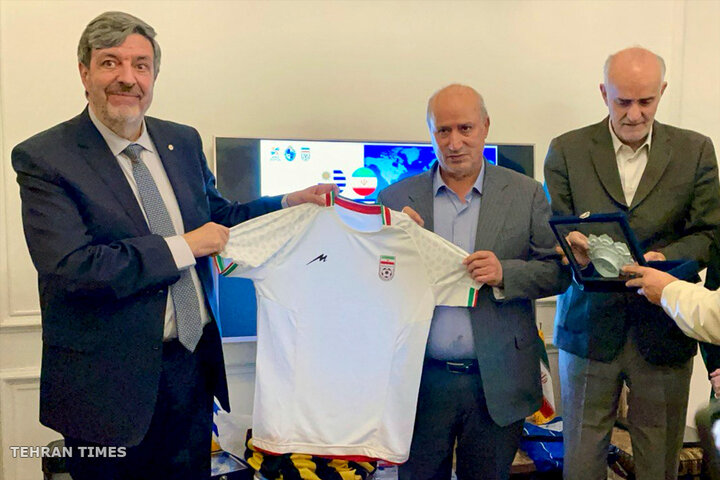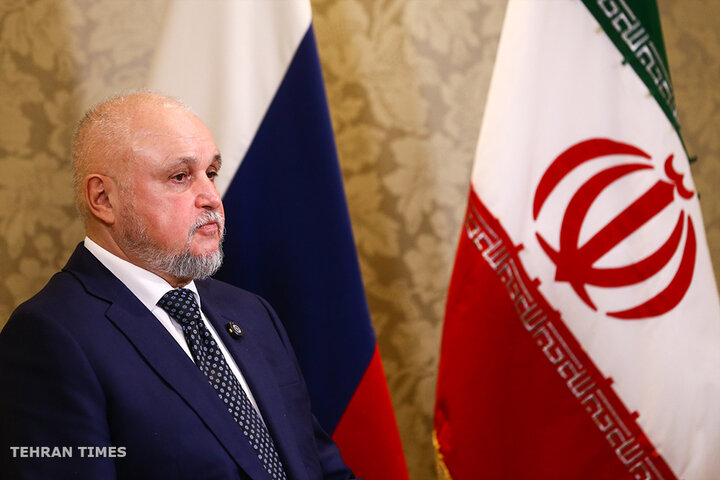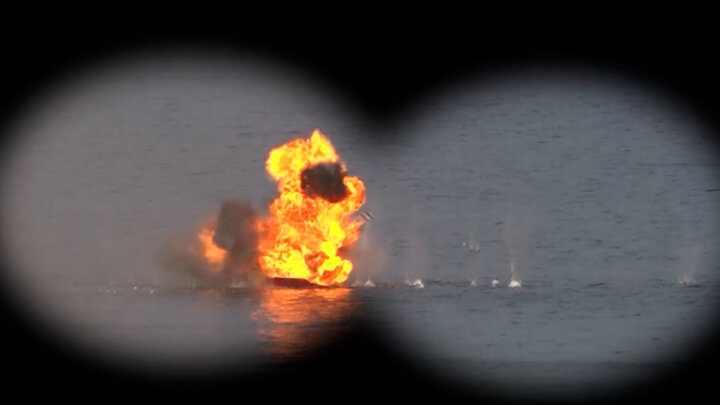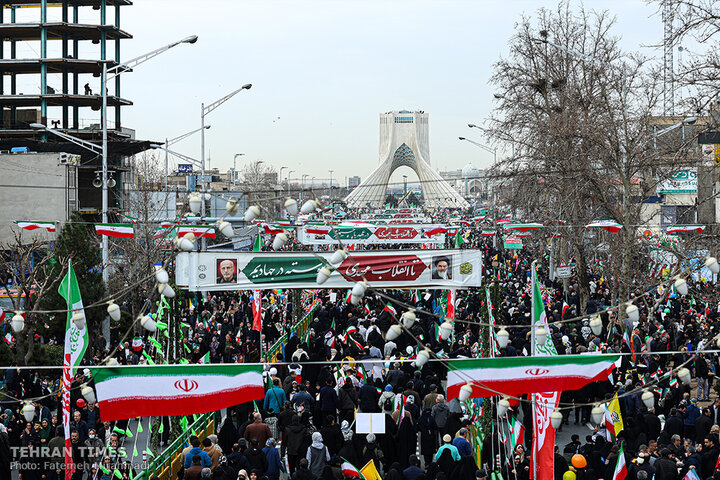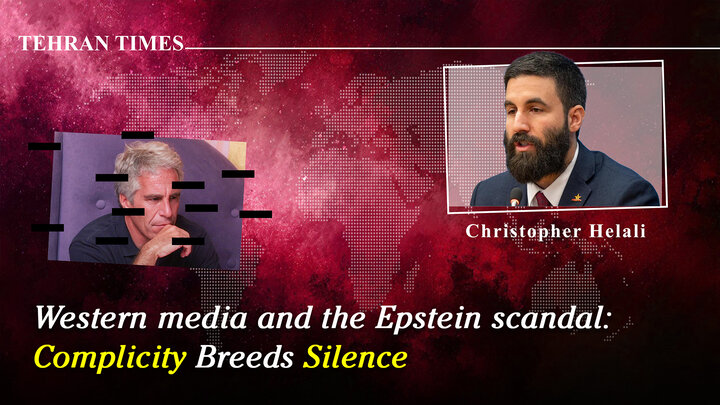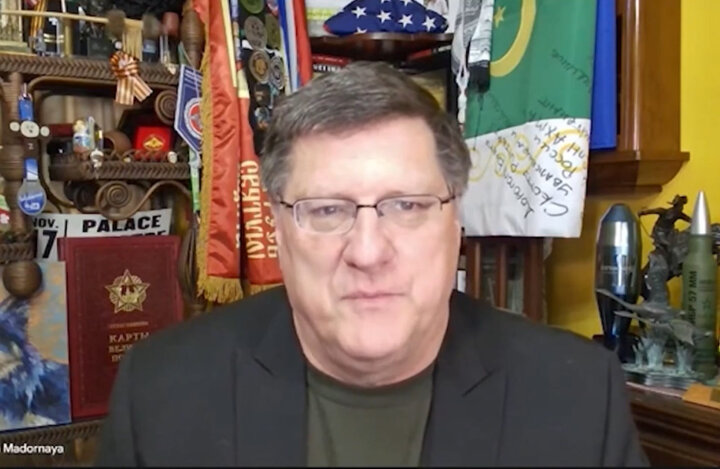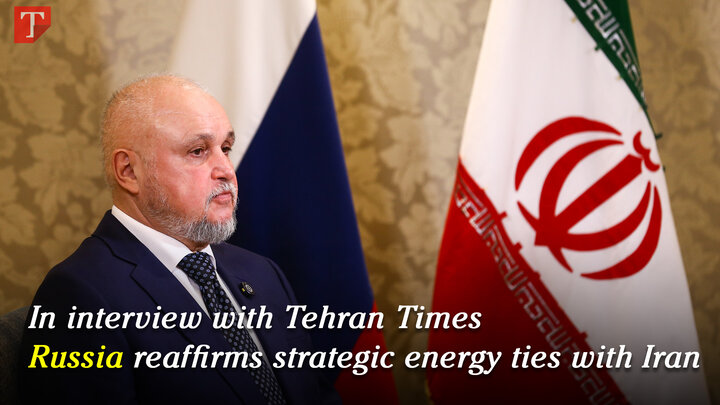-
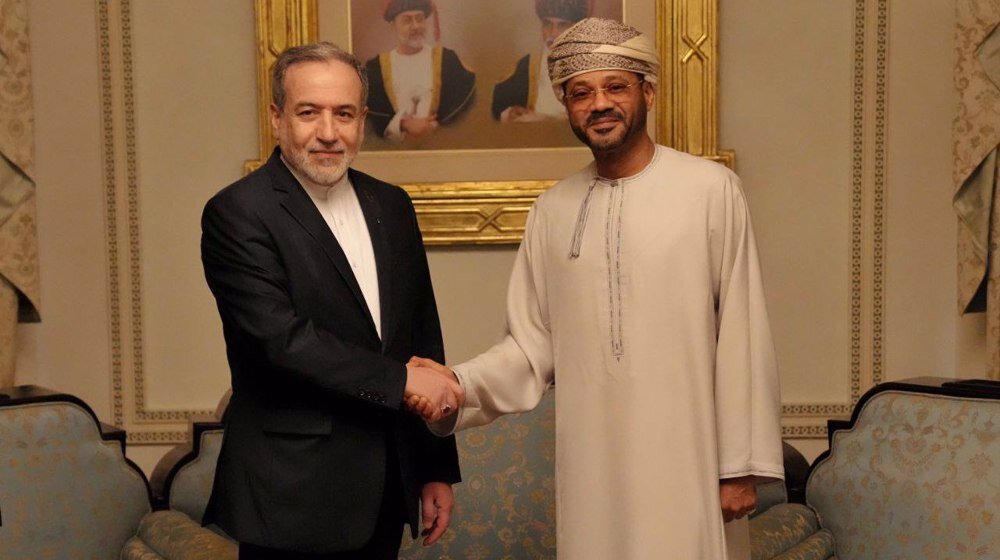 2026-02-26 22:39
2026-02-26 22:39
Oman, Iran confirm ‘significant progress’ in Iran-US talks, technical discussions to start Monday
Araghchi says Iran and US have entered 'components of a deal' and will sit for fourth round of talks next week
TEHRAN – Omani Foreign Minister Badr Albusaidi says the Thursday nuclear talks between Iran and the U.S. in Geneva made "significant progress" and technical discussions will take place next week in Vienna.
-
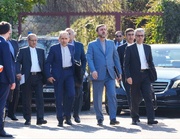
Iran, US restart talks after a break
TEHRAN – After a break for consultations with the capitals, the negotiators from Iran and the United States restarted their nuclear talks on Thursday.
-
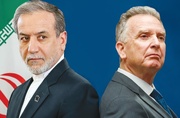
Iran, US hold nuclear talks in Geneva, Oman presents Tehran’s proposals to US
TEHRAN – The third round of indirect nuclear talks between Iran and the U.S. started in Geneva on Thursday with the mediation of Omani Foreign Minister Badr al-Busaidi.
-
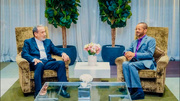
Tehran says Iran-US talks conducted with ‘great seriousness’
TEHRAN- Iran-U.S. talks in Geneva on Thursday are being carried out with “great seriousness” by negotiating teams on both sides, Iran’s Foreign Ministry says.
-

Oman FM: Iran, US ‘exchanging creative and positive ideas’
Crucial talks between Washington and Tehran in Geneva, Switzerland, have been adjourned for a break and will resume “later today,” Omani Foreign Minister Badr Albusaidi said a short while ago.
-

A fortified line along Iran’s borders
Why the recent IRGC ground forces drill in southern Iran matters
TEHRAN – In recent weeks, Iran’s military planners have offered new clues about how the country is preparing for a potential regional confrontation involving the U.S. and its proxies. While Tehran continues to describe its overarching doctrine as defensive, officials and analysts close to the security establishment emphasize that this strategy is not limited to passive deterrence.
Politics
-
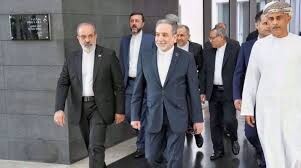
‘Practical’ proposals discussed in Iran-US talks: Tehran
TEHRAN- Iran says that “important” and “practical” proposals were advanced during negotiations in Geneva on Thursday morning on Iran’s nuclear program and the lifting of sanctions.
-
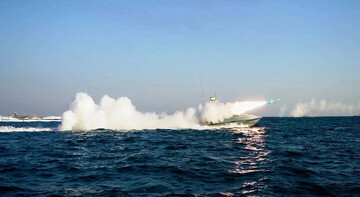
Offense within a defensive formula
LONDON - Two factors arising from miscalculation may prompt the U.S. to attack Iran. The first miscalculation is that Iran is in its weakest state, as claimed by U.S. Secretary of State Marco Rubio in his address to Congress.
-
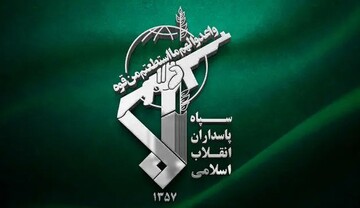
Six terrorists killed in IRGC ambush in southeast Iran
TEHRAN – In an ambush on Tuesday night, troops from the Islamic Revolution Guards Corps (IRGC) have killed six members of the Jaish al-Adl (known in Iran as Jaish-al-Zulm) terrorist group in an ambush near the border city of Saravan in the southeastern province of Sistan-Baluchestan.
Sports
-
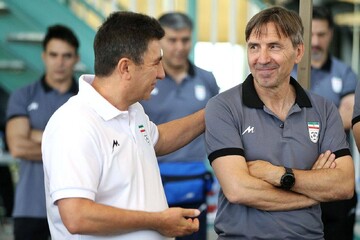
Antonio Manicone parts ways with Iran football team
TEHRAN - Italian coach Antonio Manicone has ended his cooperation with the Iran national football team.
-
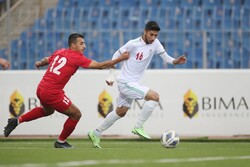
Iran to compete at China international U23 tournament
TEHRAN - The Chinese Football Association (CFA) has confirmed the four participating teams for the CFA Team China International U23 Tournament 2026, scheduled to take place from March 25 to 31 in Xi'an, China.
-
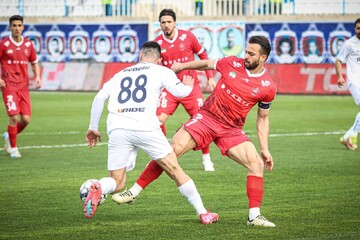
Crisis in Red: Persepolis’ title dream slipping away in 2025/26
TEHRAN - Persepolis football team entered the 2025/26 Persian Gulf Pro League season as clear favorites, widely tipped to reclaim domestic dominance and reinforce their status as Iran’s most decorated club. But as the campaign has unfolded, the Reds have found themselves battling inconsistency, pressure, and internal tension instead of lifting silverware.
Culture
-

18th Fajr Visual Arts Festival opens in Shushtar with focus on water
TEHRAN- The 18th edition of Fajr Visual Arts Festival officially opened on Wednesday beside the UNESCO-listed Shushtar Historical Hydraulic System in southwestern Khuzestan province, under the motto “My Land / Iran, the Embodiment of Water.”
-
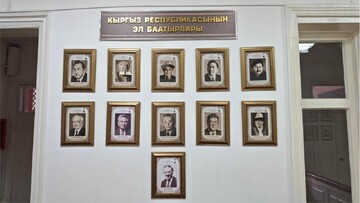
National Union of Writers of Kyrgyz Republic to publish 100 selected works by leading Iranian poets
TEHRAN – In a significant move to bolster cultural ties, Iran is set to introduce a comprehensive anthology of its poetic heritage to the Kyrgyz people.
-
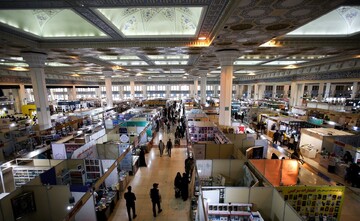
37th Tehran International Book Fair to be held in May
TEHRAN- The 37th edition of the Tehran International Book Fair (TIBF), the country’s largest annual cultural event, is scheduled to open on May 13, the organizers have announced.
Economy
-

Trump’s Iran war: a direct hit to Americans’ wallets
TEHRAN- As tensions escalate in the West Asia and the United States builds up its military presence, the world watches with growing unease. A potential conflict with Iran, holder of the world's third-largest oil reserves and controller of one of global energy's most vital arteries, would send shockwaves far beyond the battlefield. While diplomatic efforts continue, with U.S. and Iranian officials reportedly set for talks in Oman, the threat of military action looms large.
-
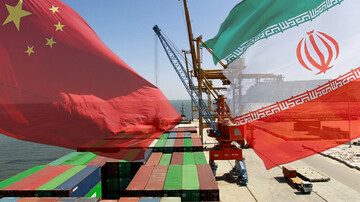
Iran–China trade reaches $2.54b in a month
TEHRAN – Non-oil trade between Iran and China reached about $2.54 billion in the Iranian month of Aban 1404 (October-November, 2025), according to data released by the Trade Promotion Organization of Iran (TPO).
-

Iran rail transit surpasses 5m tons, sets new record
TEHRAN – Iran’s international rail freight volume has exceeded five million tons so far this year, setting a new record in the country’s railway transport history, a senior official at the Islamic Republic of Iran Railways said.
Society
-
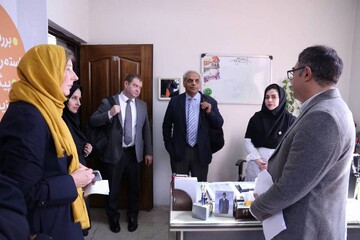
WHO hails Iran’s mental health strategy as an “innovative and replicable global model”
TEHRAN – The World Health Organization has praised Iran’s SERAJ – a pioneering model for integrated mental health and social care, describing it as an “innovative and replicable global model.”
-
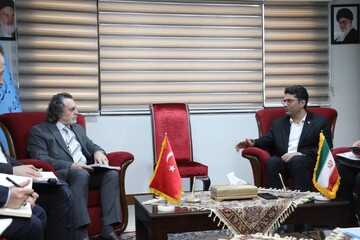
Tehran, Ankara discuss ways to develop science diplomacy
TEHRAN – Iranian and Turkish officials have discussed avenues to expand academic cooperation within the framework of a joint program to promote science diplomacy.
-

Five cholera cases identified in Iran in 2025
TEHRAN – In the first nine months of the current Iranian year, which started in March 2025, five cholera cases have been identified in the country, according to the health ministry.
Tourism
-
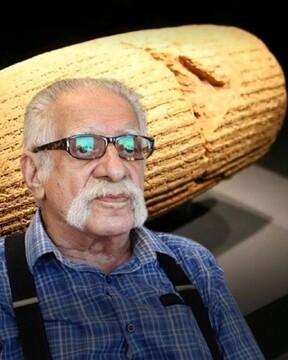
Elamitologist Abdolmajid Arfa’i, decipherer of Cyrus Cylinder, dies at 86
TEHRAN – Professor Abdolmajid Arfa’i, Elamite scholar and prominent researcher of ancient Elamite and Akkadian languages, died on Wednesday, after a period of illness. He was 86.
-
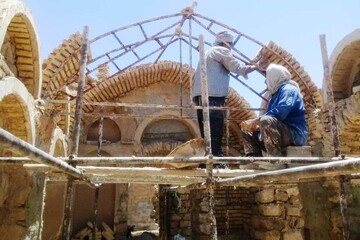
Iranian conservator calls for fundamental reform in restoration education
TEHRAN – An Iranian architectural conservator and university lecturer has called for a fundamental overhaul of restoration education, criticizing what he described as an overly theory-based academic system and weak institutional support for field training.
-
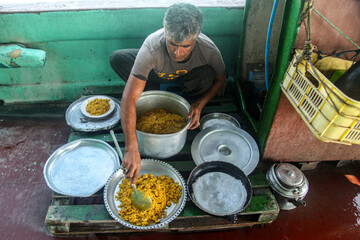
Food in Hormozgan tells story of people's connection with sea
TEHRAN -- Food in Hormozgan province is not just a meal, but rather a story of people's long-standing connection with the sea.
International
-
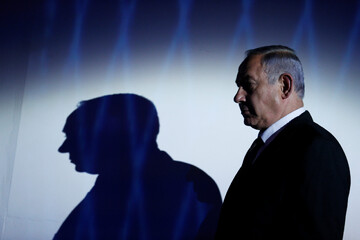
How is Israel confronting global isolation?
TEHRAN – Despite deep internal political divisions, there is broad agreement within the Israeli regime on one issue: it is facing unprecedented global hostility.
-
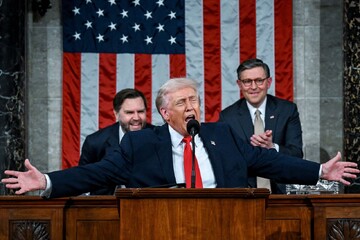
Trump’s 2026 State of the Union: Painting a mirage of power
TEHRAN – In his 2026 State of the Union address, U.S. President Donald Trump delivered an extended narrative of American resurgence and foreign policy accomplishments. While the tone was confident and assertive, a factual review reveals that many of the president’s most dramatic claims were exaggerated, misleading, or unsupported by credible evidence. In particular, his discussion of conflicts abroad and military actions mischaracterized complex realities and overstated the United States’ influence and achievements.
-
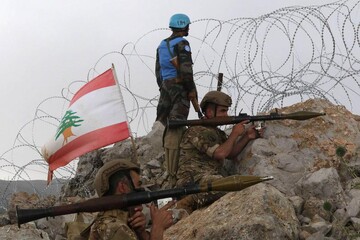
Mounting strategic tensions: The escalating military buildup along Lebanon’s eastern frontier
SOUTH LEBANON — It is no coincidence that Lebanese anxieties have intensified amid growing reports of military preparations along the Syrian-Lebanese border.
Most Viewed
-
Trump’s Iran war: a direct hit to Americans’ wallets
-
A fortified line along Iran’s borders
-
‘Historic’ deal possible if diplomacy prioritized, Araghchi says ahead of US talks
-
Iran warns Trump using ‘Hitler-era’ propaganda to justify potential aggression
-
Six terrorists killed in IRGC ambush in southeast Iran
-
Iran, US hold nuclear talks in Geneva, Oman presents Tehran’s proposals to US
-
Offense within a defensive formula
-
How is Israel confronting global isolation?
-
Oman, Iran confirm ‘significant progress’ in Iran-US talks, technical discussions to start Monday
-
Iranian academics and activists unite in public declaration against war
-
Iran–China trade reaches $2.54b in a month
-
Quran recitation ceremony in kashmir
-
US insists on ‘limiting’ Iran's enrichment in Geneva talks, source says
-
Tehran says Iran-US talks conducted with ‘great seriousness’
-
WHO hails Iran’s mental health strategy as an “innovative and replicable global model”






